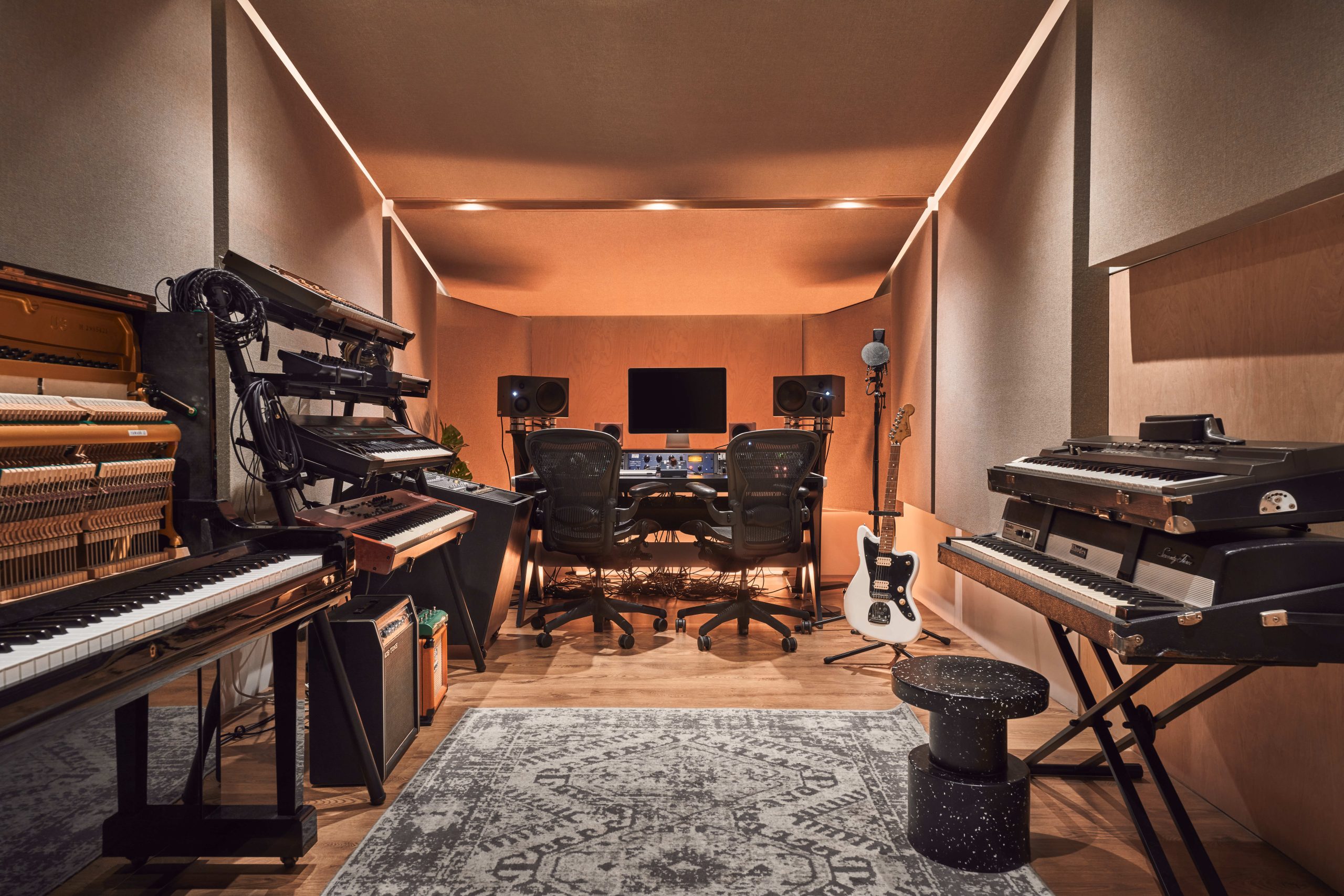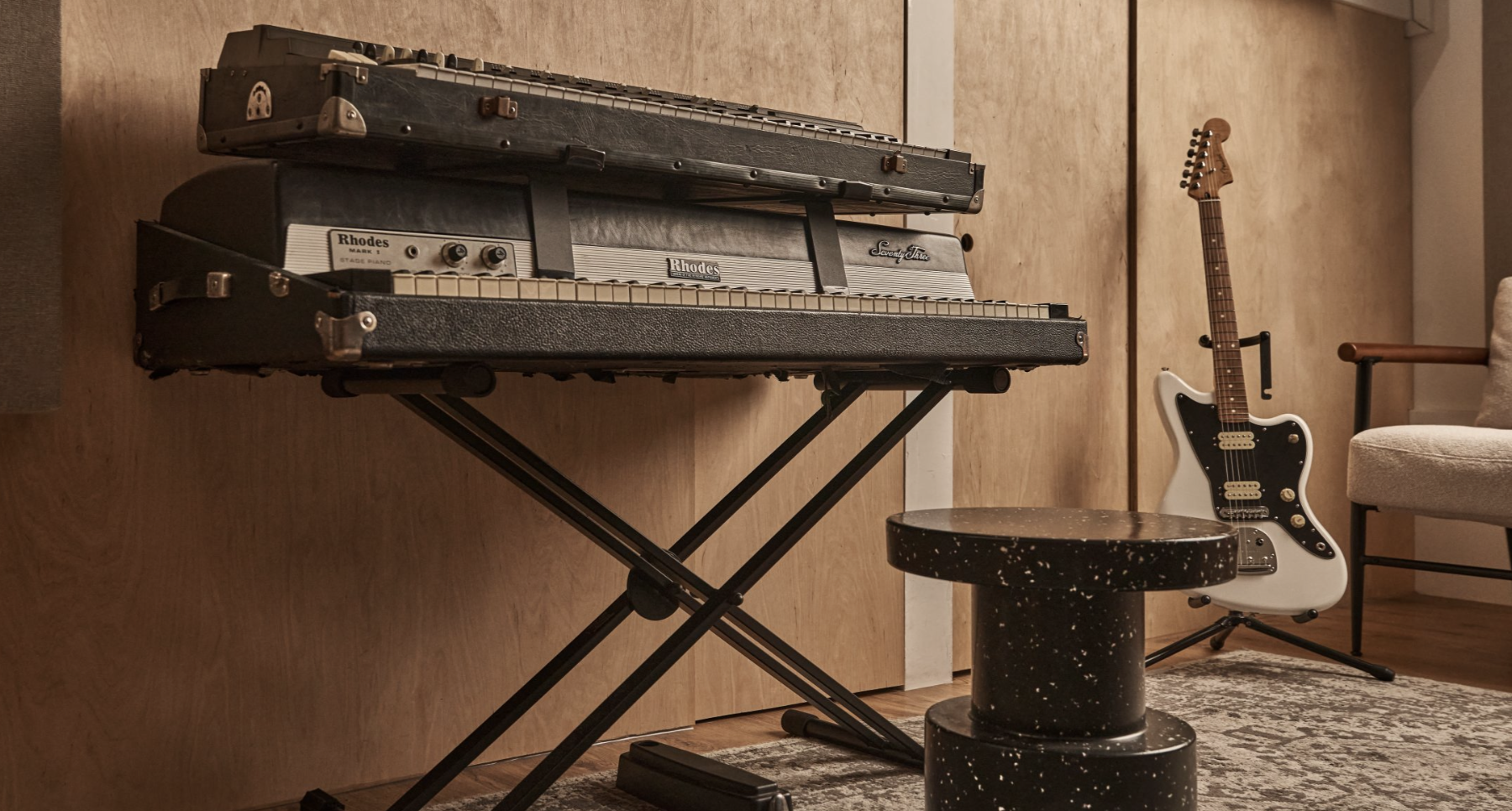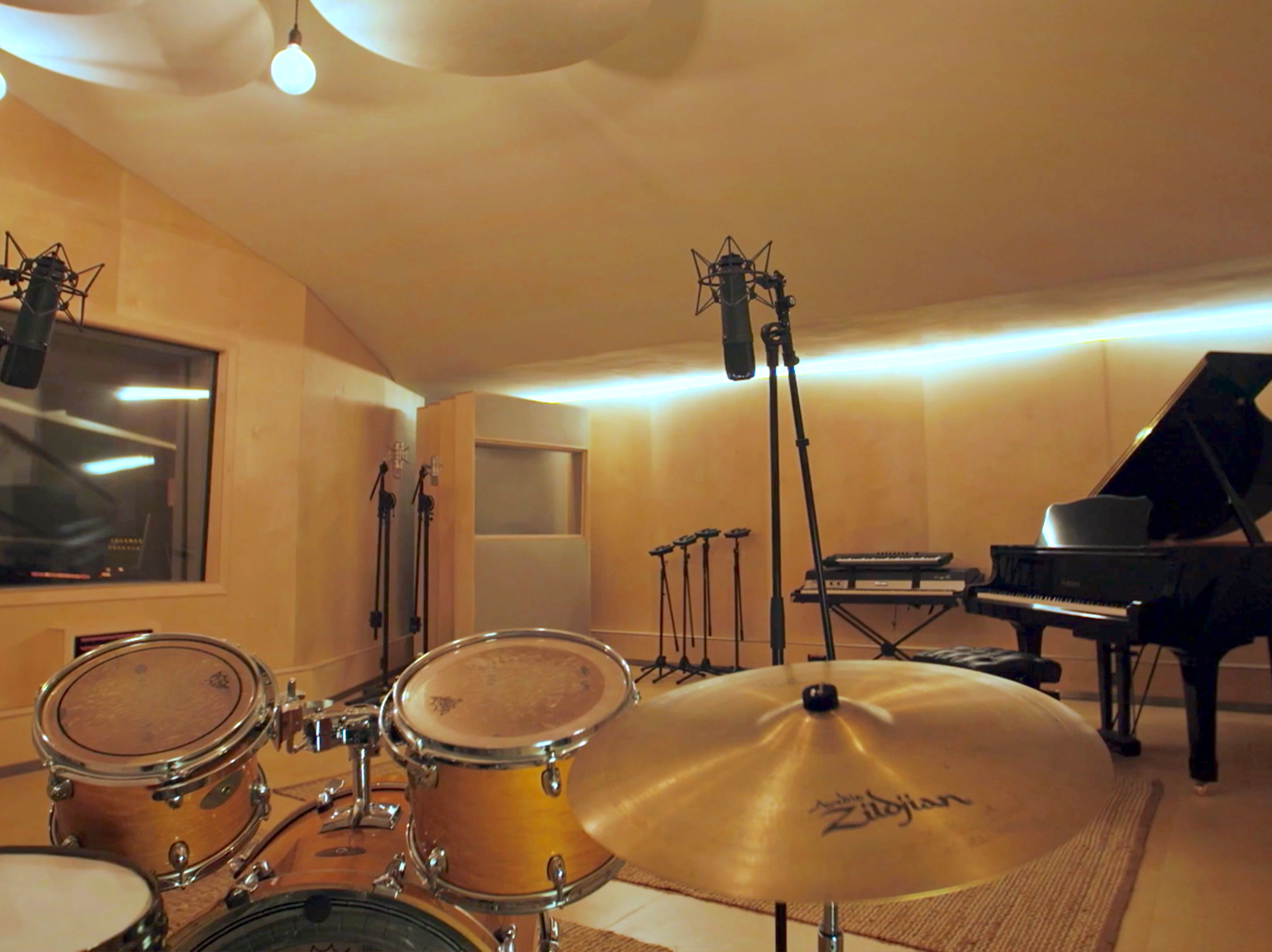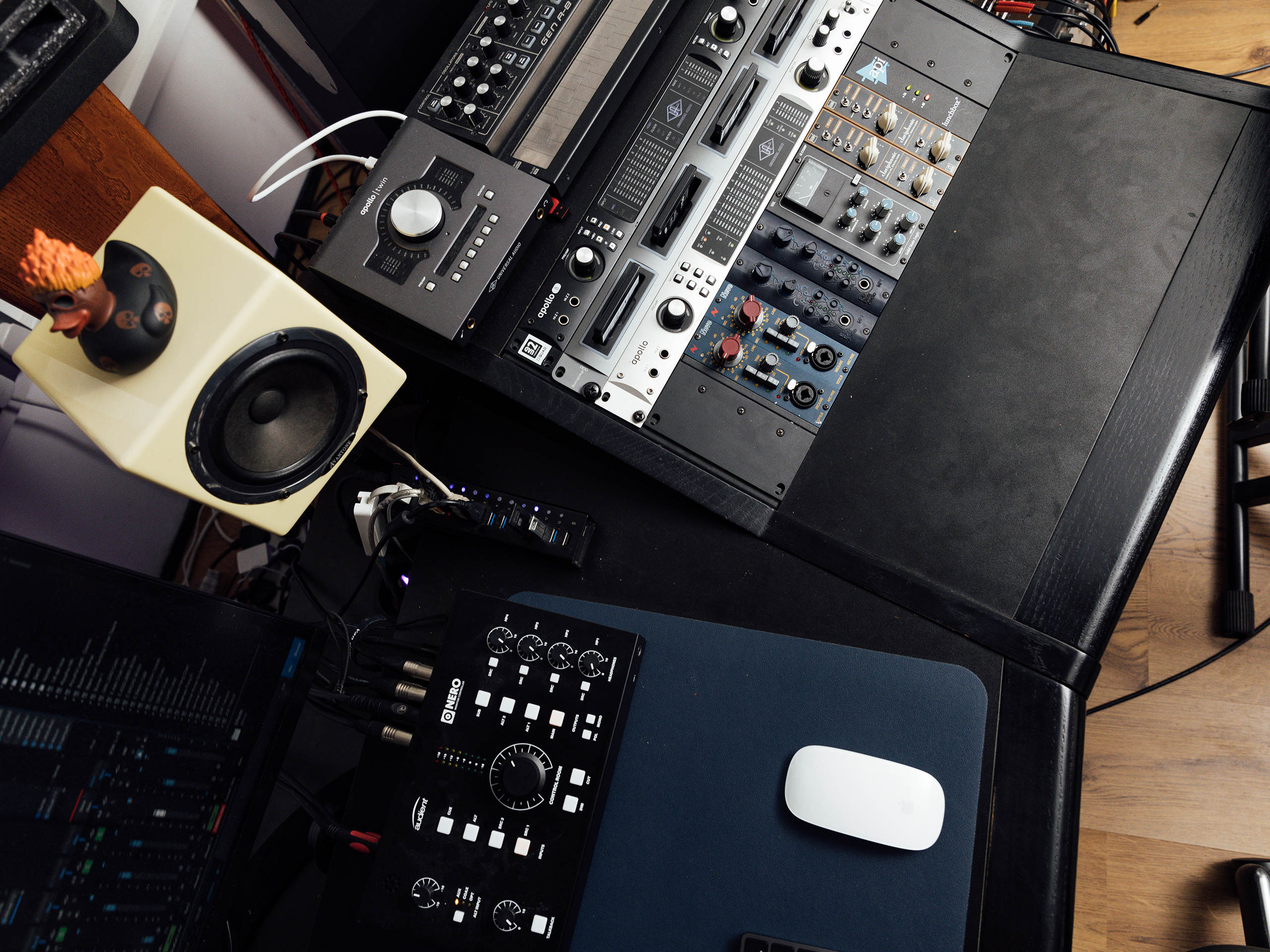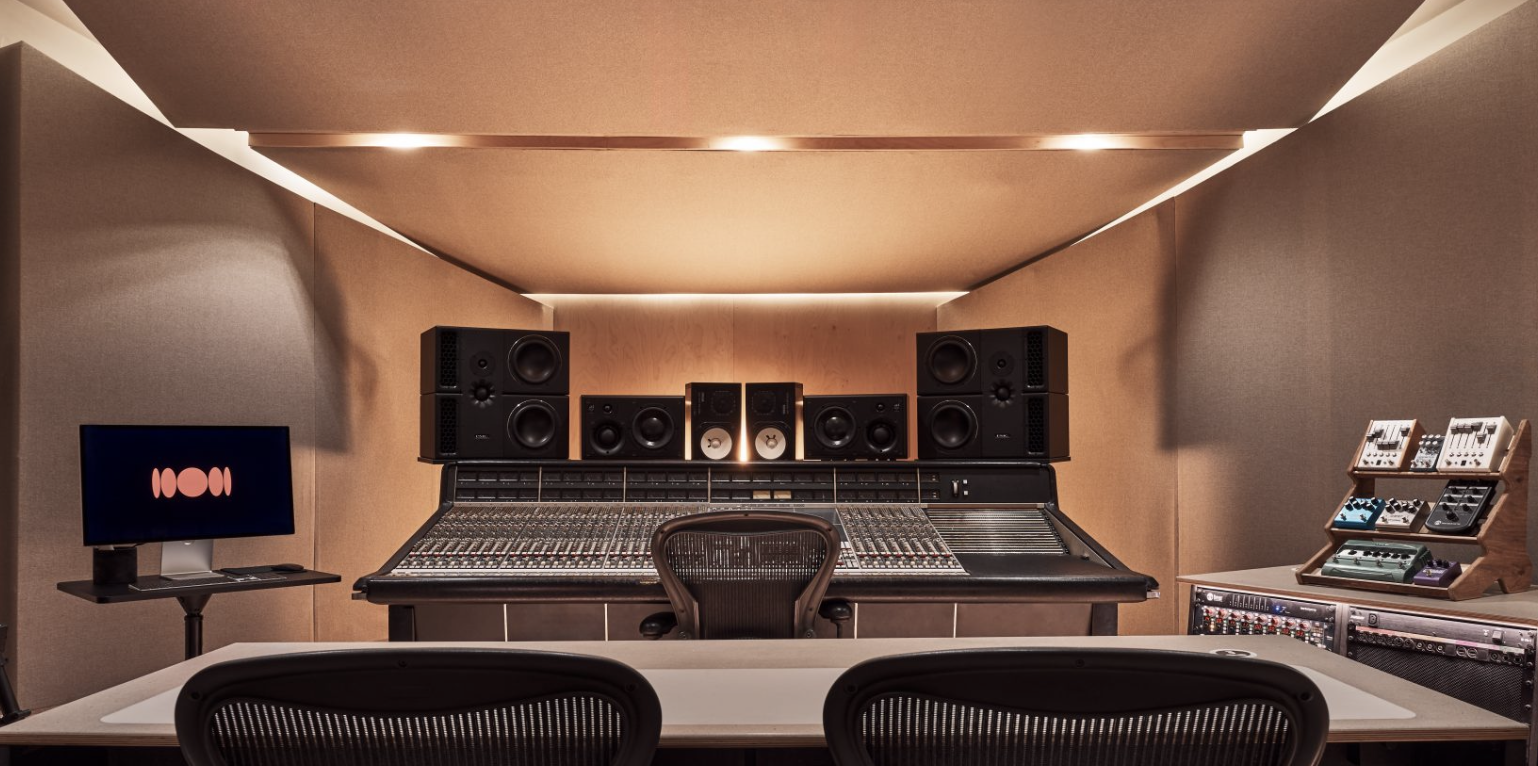
10 Essential Tips for a Successful Recording Studio Session at Ten 87
Importance of Preparation for a Successful Recording Studio Session
Preparation is key when it comes to recording studio sessions. Before you even step foot in the studio, it’s important to have a clear vision for your project, your songs, and the overall sound you’re trying to achieve. This will not only save you time and money during the session but also help you get the best possible results.
Take the time to rehearse your material thoroughly, ensure your instruments and equipment are in top condition, and have a clear understanding of the arrangement and structure of your songs. This will allow you to focus on the creative process during the session, rather than troubleshooting technical issues.
Choosing the Right Recording Studio for Your Needs
Selecting the right recording studio for your project is crucial. At Ten 87, we pride ourselves on our state-of-the-art facilities, experienced engineering team, and commitment to providing a comfortable and inspiring environment for our clients.
When choosing a recording studio, consider factors such as the quality of the equipment, the acoustics of the space, the experience and expertise of the engineering team, and the overall vibe and atmosphere of the studio. It’s also important to ensure that the studio aligns with your budget and can accommodate the specific needs of your project.
Tips for Booking a Recording Studio at Ten 87
Booking a recording studio session at Ten 87 is a straightforward process, but there are a few tips to keep in mind to ensure a smooth experience:
Plan Ahead: Book your session well in advance, as studio time can fill up quickly, especially during peak seasons.
Communicate Your Needs: Provide our team with detailed information about your project, the number of musicians, and any special requirements you may have.
Inquire About Packages: We offer a variety of recording packages to suit different budgets and needs. Be sure to ask about our options and find the one that best fits your requirements.
Consider Additional Services: In addition to recording, we also offer services such as mixing, mastering, and music video production. Discuss your needs with our team to see how we can support your entire project.
Setting Up Your Equipment and Ensuring Proper Sound Quality
When you arrive at the studio, it’s important to take the time to properly set up your equipment and ensure optimal sound quality. Work closely with our experienced engineering team to position microphones, adjust levels, and fine-tune the acoustics of the room.
Pay close attention to details such as instrument tuning, cable connections, and any potential sources of interference or noise. By taking the time to get your setup right, you’ll be able to capture the best possible recordings during your session.
Communication and Collaboration with the Recording Engineer
The recording engineer is a crucial member of your team during the studio session. They are responsible for capturing your performance, maintaining sound quality, and ensuring a smooth and productive workflow.
Effective communication and collaboration with the engineer are essential. Discuss your vision for the project, provide feedback on the sound, and work together to troubleshoot any issues that may arise. By building a strong rapport with the engineer, you’ll be able to create a comfortable and creative environment that will bring out the best in your performance.
Recording Techniques and Best Practices
Recording in a professional studio environment requires a different approach than recording at home or in a rehearsal space. Our engineering team at Ten 87 will guide you through the best recording techniques to capture your performance at its finest.
This may include techniques such as multiple takes, overdubbing, and layering, as well as the use of specialised equipment like isolation booths, vocal compressors, and reverb units. By following the guidance of our experienced engineers, you’ll be able to achieve a polished and professional-sounding recording.
Managing Time Effectively During the Session
Time management is crucial in the recording studio, as studio time can be expensive, and it’s important to make the most of every minute. Work closely with our team to create a detailed schedule for your session, allocating time for setup, recording, and any necessary breaks.
Be mindful of the clock and try to stay on track with your planned activities. If you find yourself falling behind, don’t hesitate to communicate with the engineer and make adjustments to the schedule as needed. By managing your time effectively, you’ll be able to capture your best performances and complete your project within the allotted studio time.
Tips for Getting the Best Performances from Musicians
Capturing great performances from musicians is at the heart of a successful recording session. As the artist or producer, it’s your job to create an environment that inspires your musicians to perform at their best.
Encourage open communication, provide clear direction and feedback, and be patient and supportive throughout the process. Experiment with different recording techniques, such as multiple takes or live ensemble recordings, to find the approach that works best for your project.
Remember, the recording studio can be an intimidating environment for some musicians, so it’s important to create a comfortable and nurturing atmosphere that allows them to feel confident and inspired.
Post-Recording Tips for Mixing and Mastering
Once you’ve captured your performances, the next step is to move into the mixing and mastering phase. This is where the recording engineer’s expertise becomes invaluable, as they will work with you to refine the sound and prepare your project for release.
During the mixing process, the engineer will balance the levels of the various instruments, apply effects, and create a cohesive sonic landscape. It’s important to provide clear feedback and work collaboratively to ensure the final mix aligns with your artistic vision.
The mastering process is the final step in the production chain, where the engineer will optimise the overall sound quality, enhance the dynamics, and prepare the tracks for distribution. This is a crucial step that can make a significant difference in the final quality of your recordings.
Successful Recording Studio Session at Ten 87
Recording in a professional studio environment can be an incredibly rewarding and transformative experience for artists. By following these 10 essential tips, you’ll be well on your way to a successful recording studio session at Ten 87.
Remember, the key to a great session is preparation, communication, and a willingness to collaborate with our experienced engineering team. With the right mindset and approach, you’ll be able to capture your best performances and create a recording that you’re truly proud of.
If you’re ready to take your music to the next level, book your recording studio session at Ten 87 today. Our state-of-the-art facilities and talented team are here to support you every step of the way.
